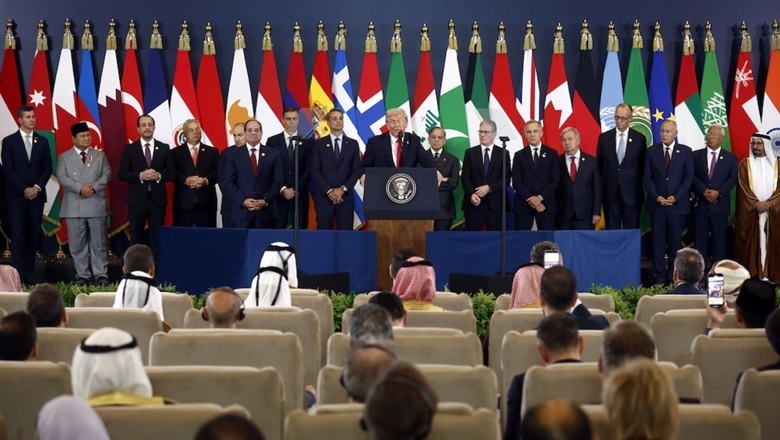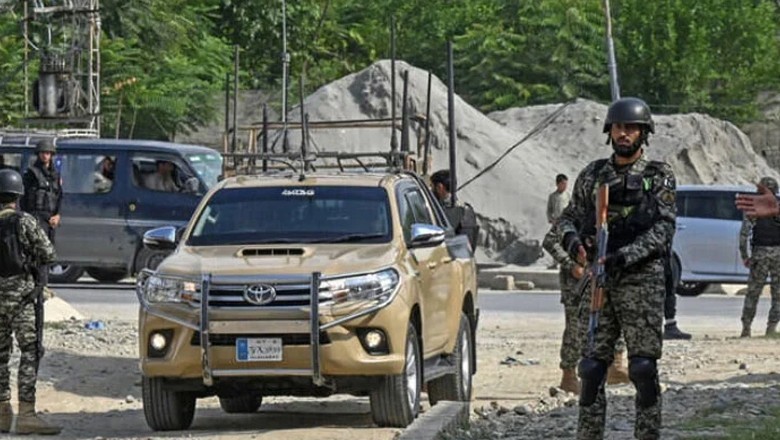Pakistan’s proposals ignored in Trump’s Gaza peace plan

Web Desk
|
18 Nov 2025
The United Nations Security Council has approved US President Donald Trump’s peace plan for Gaza by a majority vote, while China and Russia abstained. Meanwhile, Hamas has rejected the creation of an international stabilization force, calling it a form of “foreign guardianship.”
A few days before the approval, Pakistan and several Arab states had raised concerns over the plan’s ambiguity, particularly the undefined mandate of the proposed Board of Peace and the international stabilization force (ISF). They also urged that clear limits be set for these bodies and called for maximum UN involvement.
These concerns were significant given Israel’s repeated violations of international law. Many questioned whether Israel would allow these bodies to operate independently, and whether the US would ensure transparency in their functioning.
China and Russia opposed the creation of a stabilization force in Gaza unless it operated fully under UN supervision.
Pakistan, along with other states, insisted that the limits of the ISF be defined before the plan was implemented. Islamabad emphasized that the plan must ensure that the West Bank and Gaza “remain a single entity within an independent Palestinian state,” and also called for an end to Israeli annexation.
While the ISF has been granted a two-year mandate, its exact authority and mode of operation remain unclear. President Trump will head the Board of Peace, which will oversee the technocratic administration and the ISF’s activities, but the mandate of this supervisory body is also uncertain.
Pakistan and several Arab countries also expressed concerns about the plan’s lack of clarity, fearing they could be seen as aligning with US and Israeli policies. Israel has continued to object to the plan and even urged the exclusion of Turkish forces from the ISF.
Earlier, these countries acknowledged that Trump’s 20-point Gaza peace plan did not include their recommendations, prompting them to issue a separate statement outlining their proposals. Whether these suggestions were incorporated into the revised draft passed by the UN remains unclear.
Lawyer Reema Omer wrote on X that Pakistan’s suggestions were not taken into account by the UN.
“Some key suggestions made by Pakistan’s delegation were not included in the draft of the resolution that was passed, including:
- A clear political path to Palestinian self-determination and statehood
- A central role for the Palestinian Authority in governance and reconstruction
- Enhanced involvement of the UN
- Clarifications regarding the Board of Peace and the mandate of the international stabilisation force.”
Former minister Shireen Mazari also questioned Pakistan’s endorsement of the peace plan without the inclusion of its proposals.
“Then why did Pak vote for a resolution that basically targets Palestinians, gives control of Gaza to the US & rogue entity Israel, and will not effectively lead to the creation of a Palestinian state? After Pak's vote, it is clear Pak's key suggestions were only to appease people in Pak!” she wrote.
“If Pak was serious about its suggested changes to the resolution, and they were very critical suggestions, it should have at least abstained if it didn’t have the courage to vote against. By the way, the only terrorist structure that needs dismantling is that of rogue entity Israel!”












Comments
0 comment